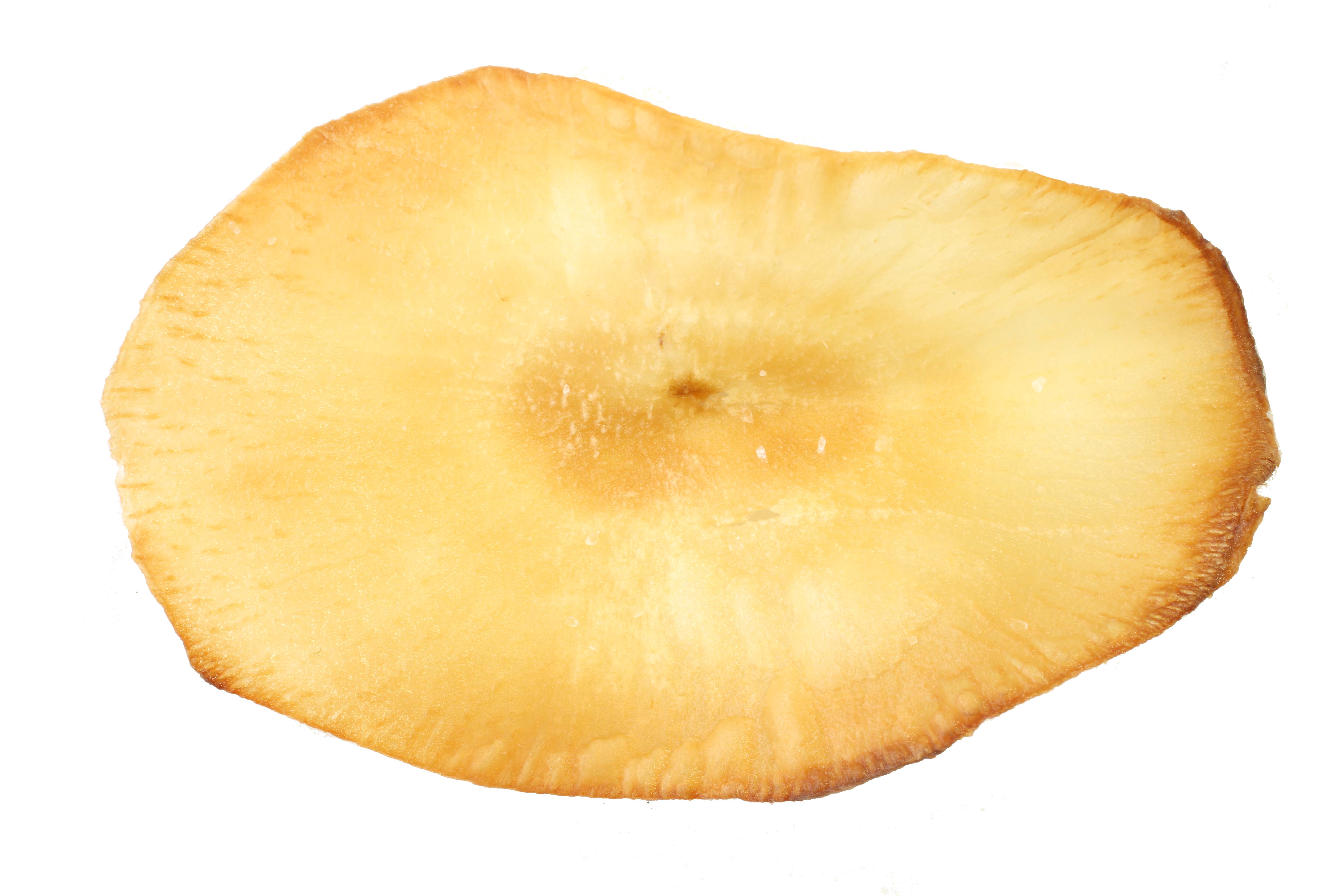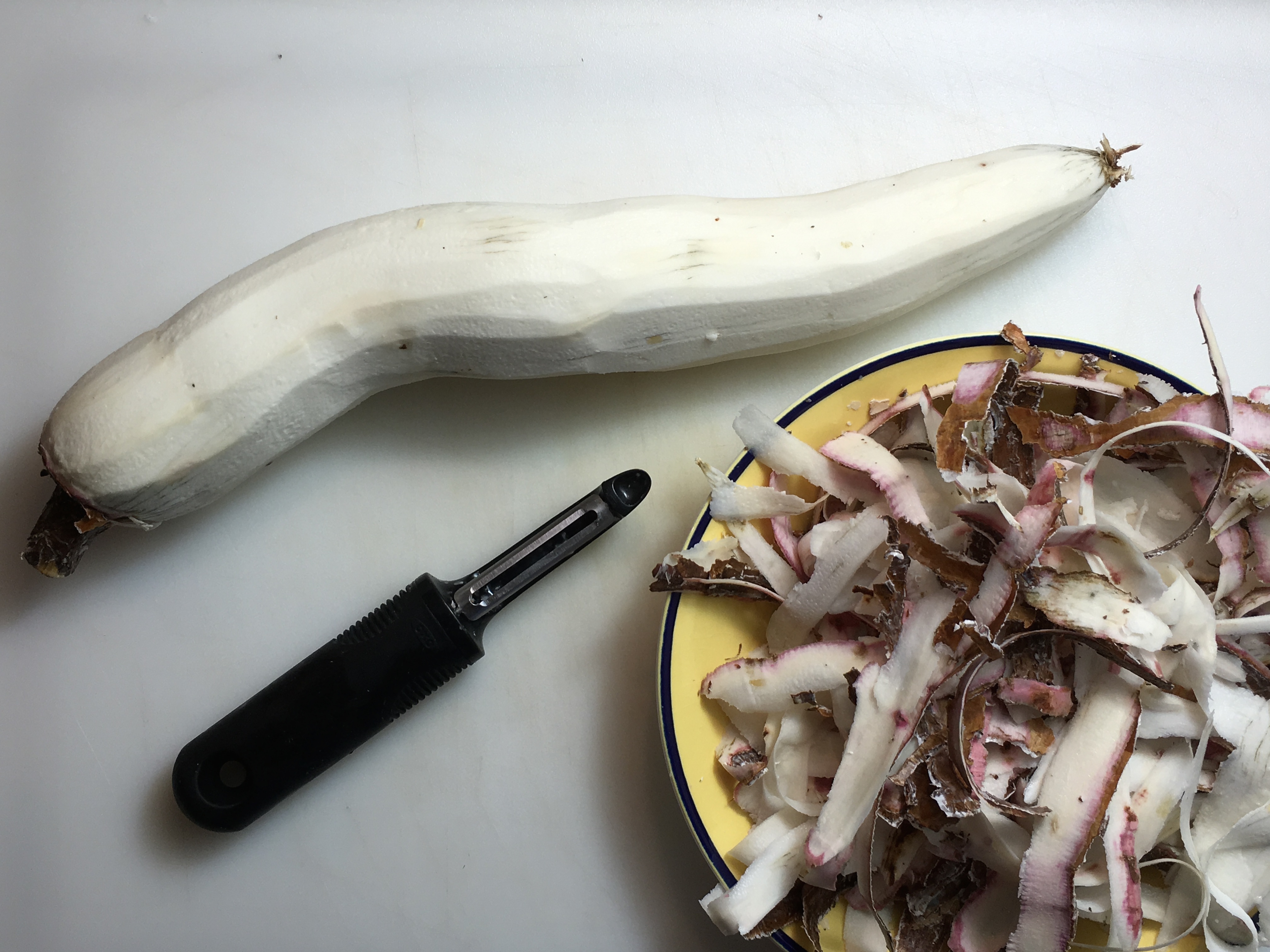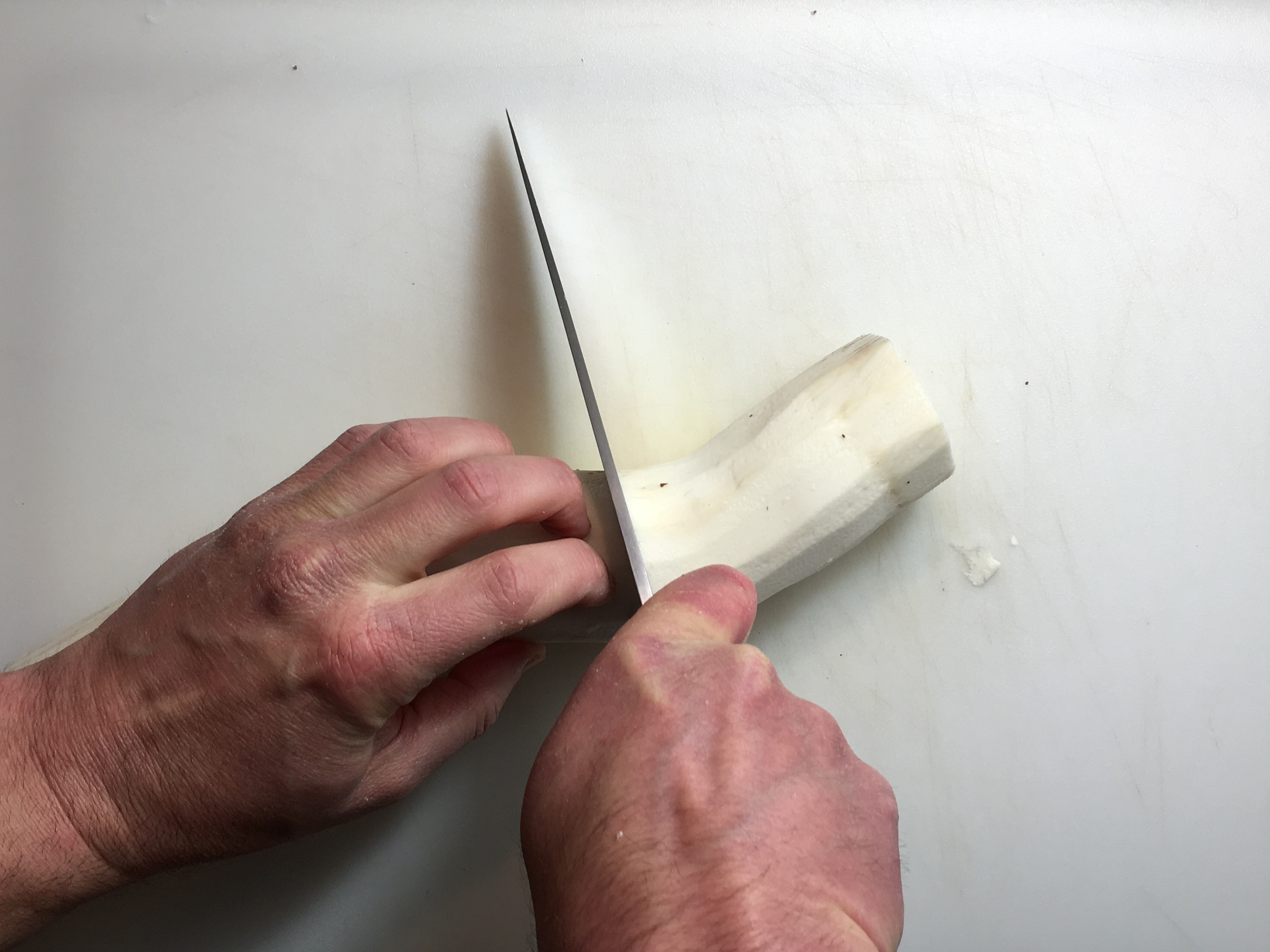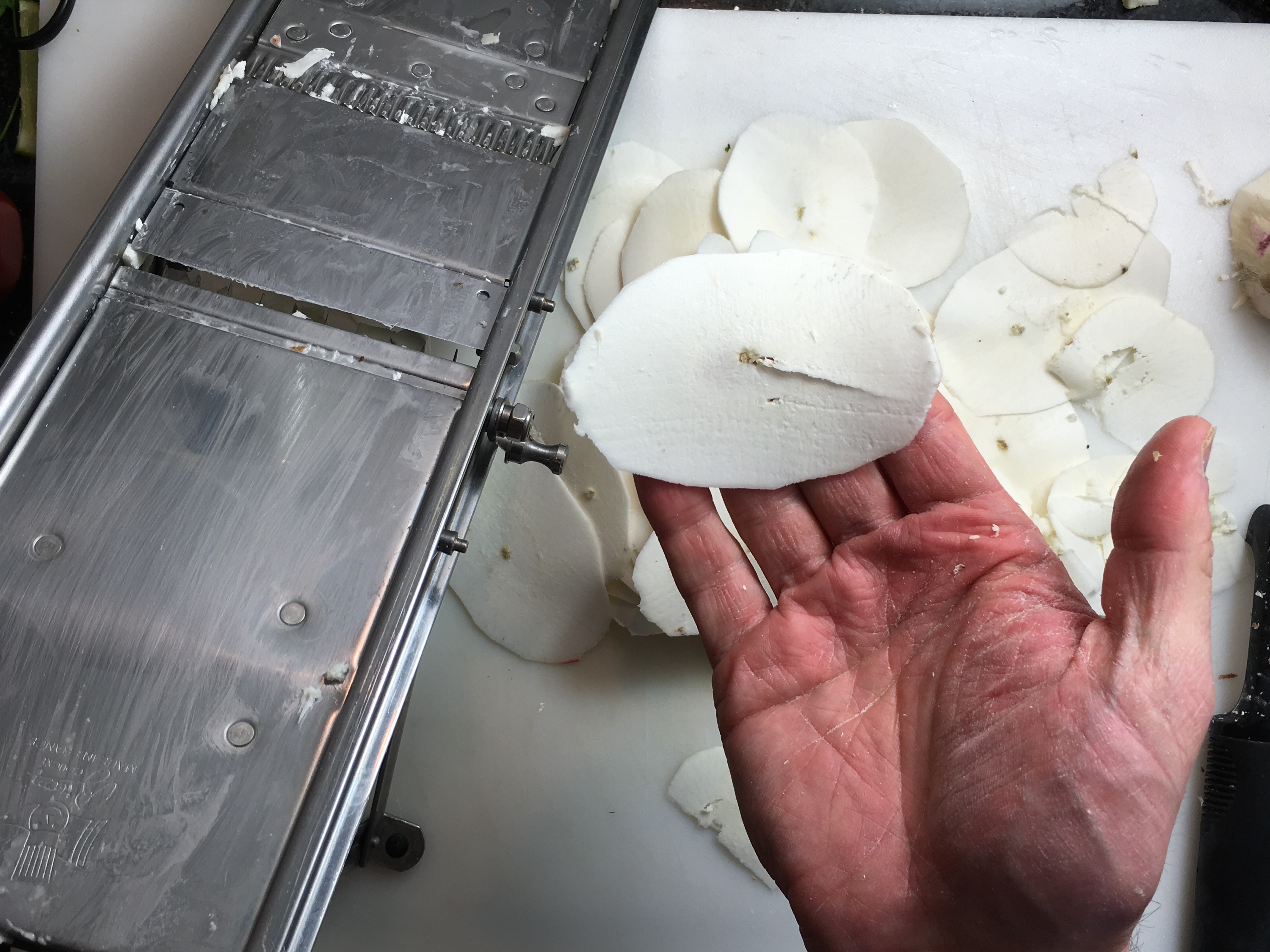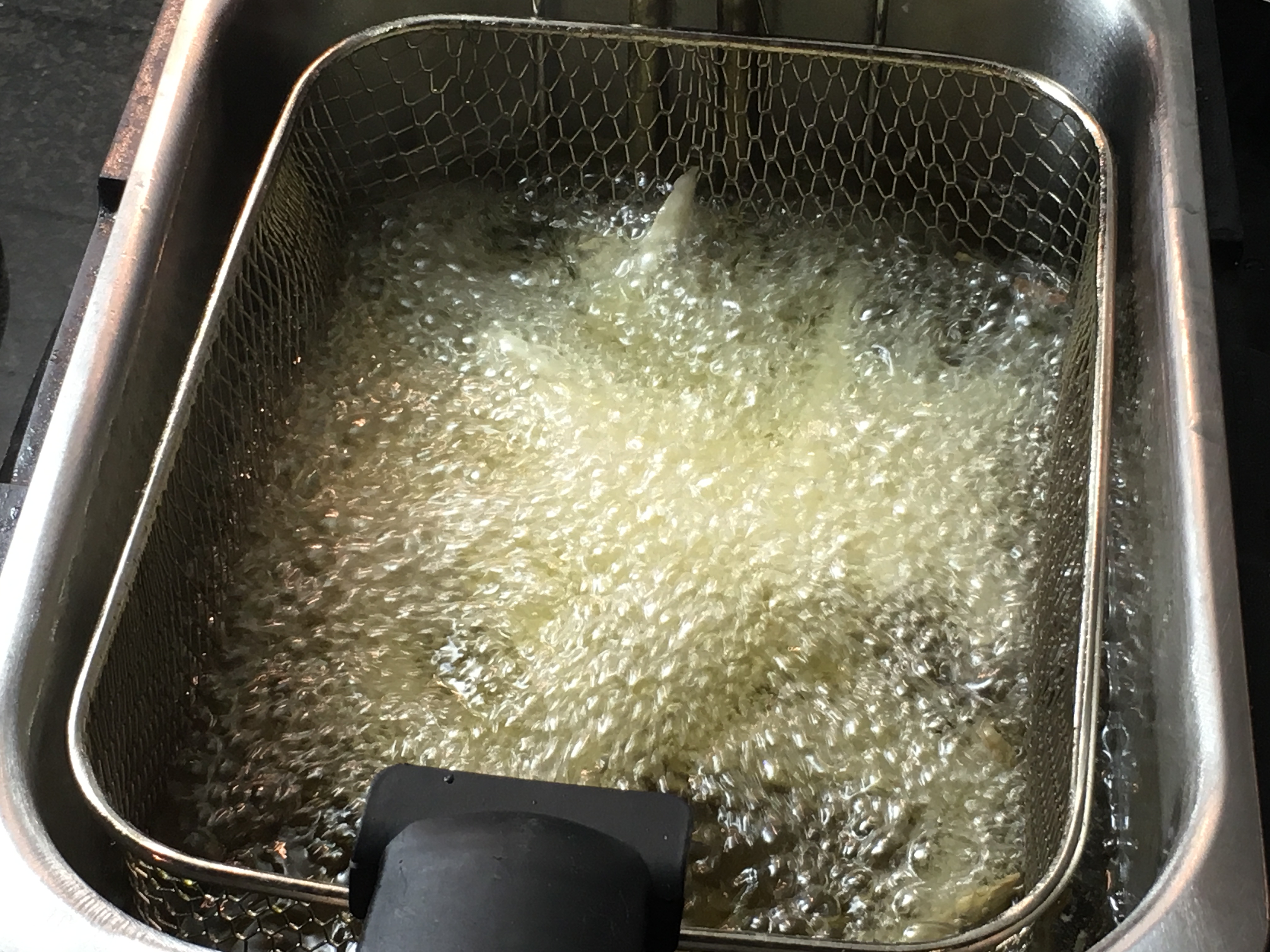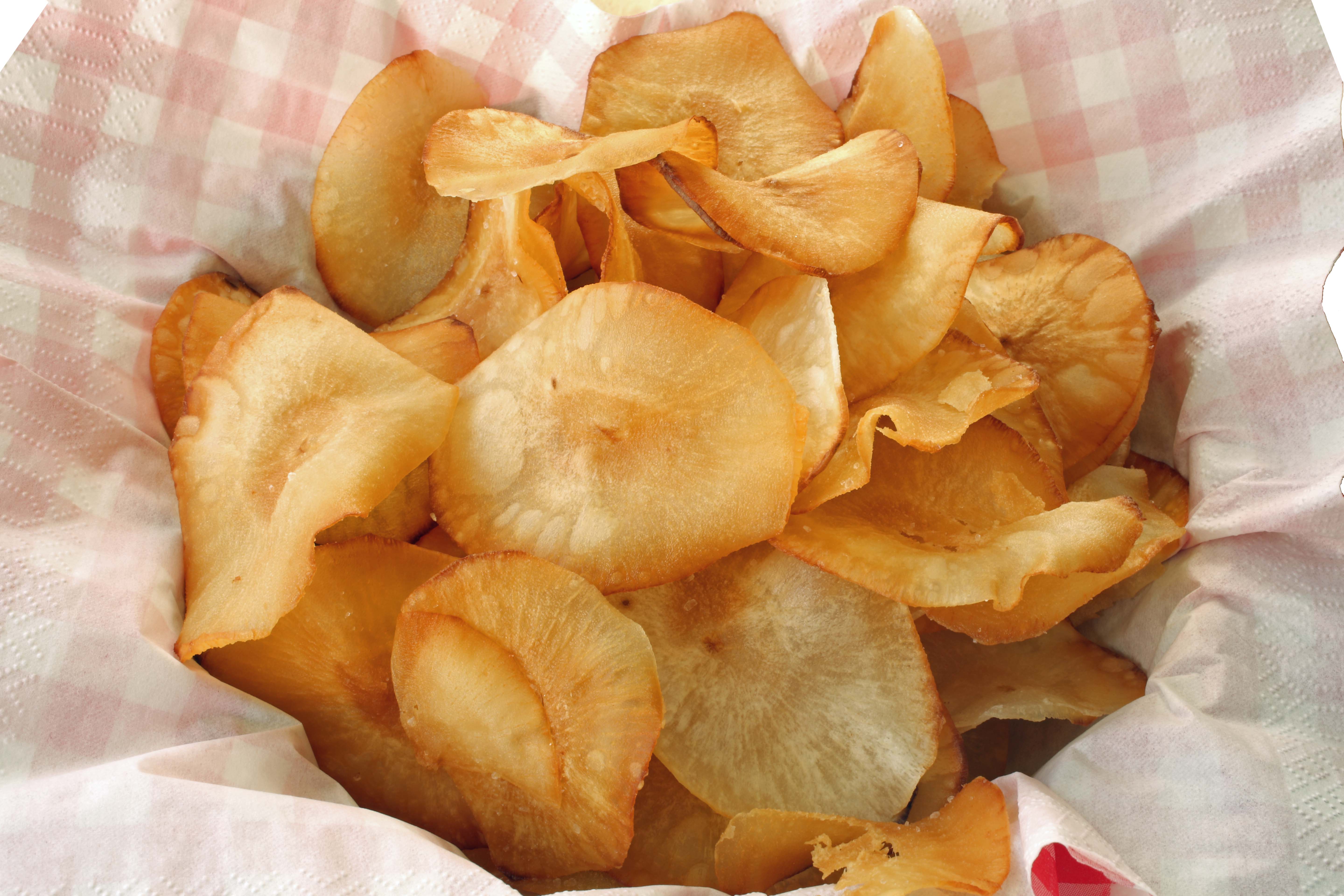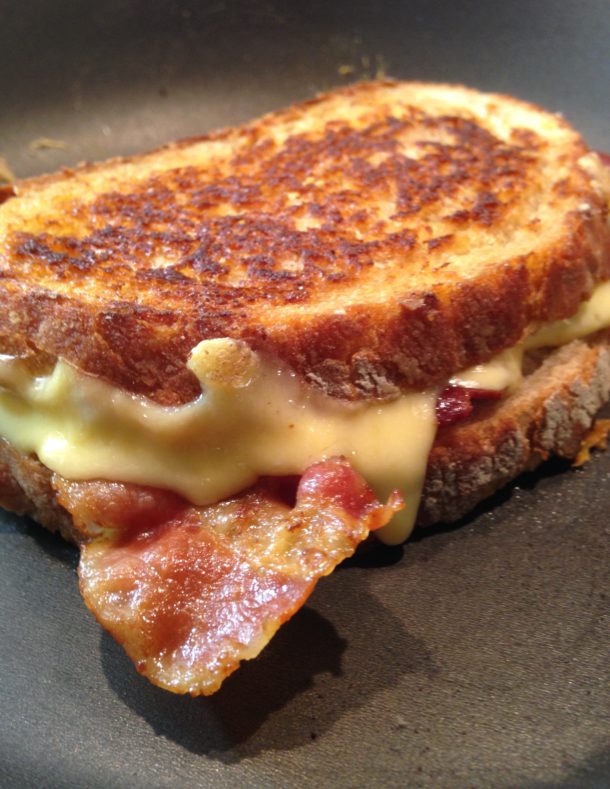Yuca Chips are Yummy!
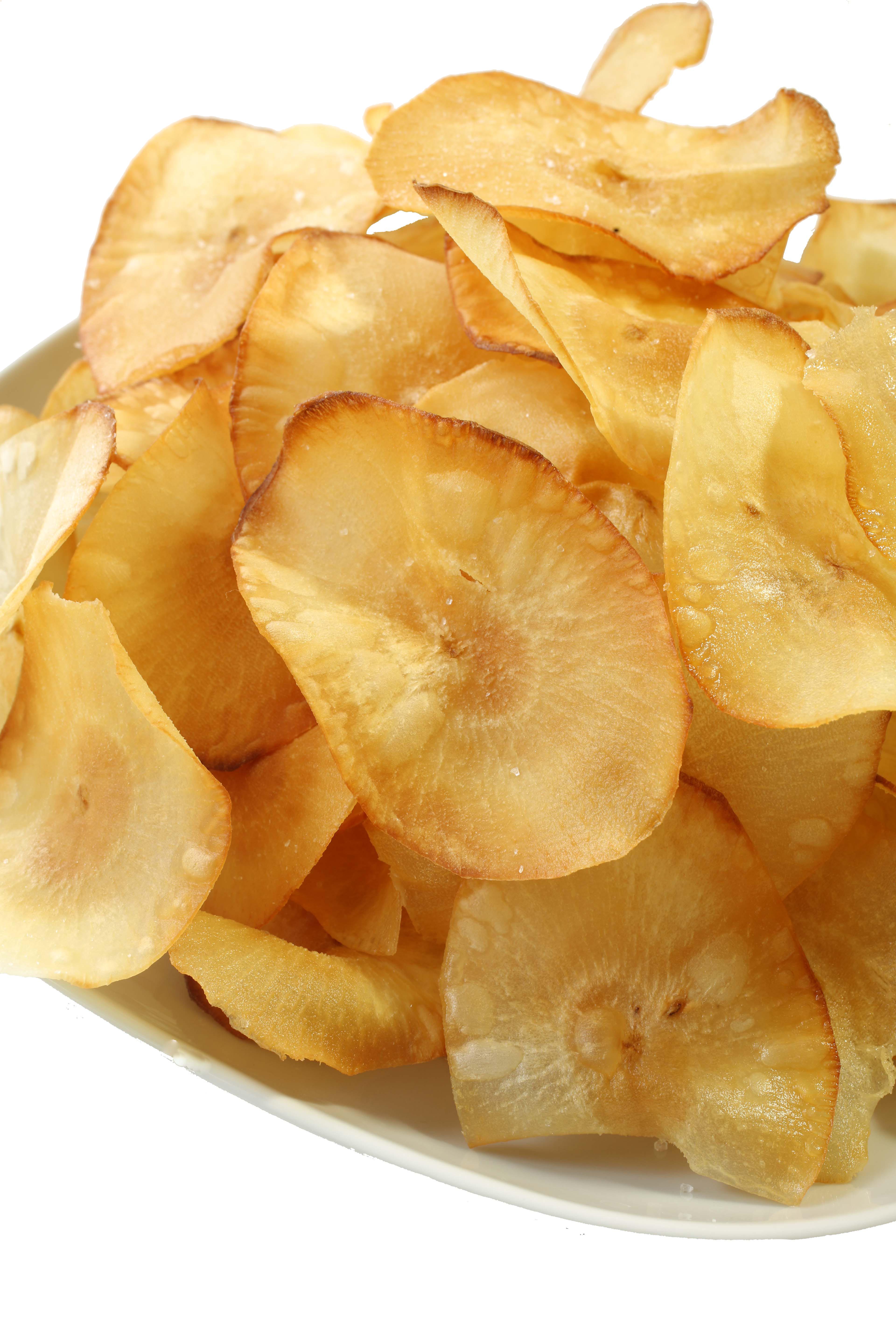
This Yuca Chips post contains affiliate links for products we like. This means that if you click on a product link on this page, and then purchase a product, The Culinary Exchange will make a small amount of money from your purchase. However, we ONLY link to products that Chef Matthew Robinson personally recommends.
Yuca Chips
What is in a name? A yuca chip by another name would still be crunchy. It is a big world out there and in that world there are a lot of people who eat very thin slices of cassava that have been deep fried. Pinning down what to call these morsels of deliciousness is quite tricky. One thing for sure is that they are are not cassava fries. In one part of the world, these fried slices are called tapioca chips, which makes one very confused as tapioca in another part of the world is what you get when you squeeze the dickens out of cassava for use in things like tapioca pudding.
In another part of the world, there is more confusion. There they are in the habit of calling things we call fries, chips and things we call chips, crisps. It is a whirl wind of culinary confusion that no one really understands.
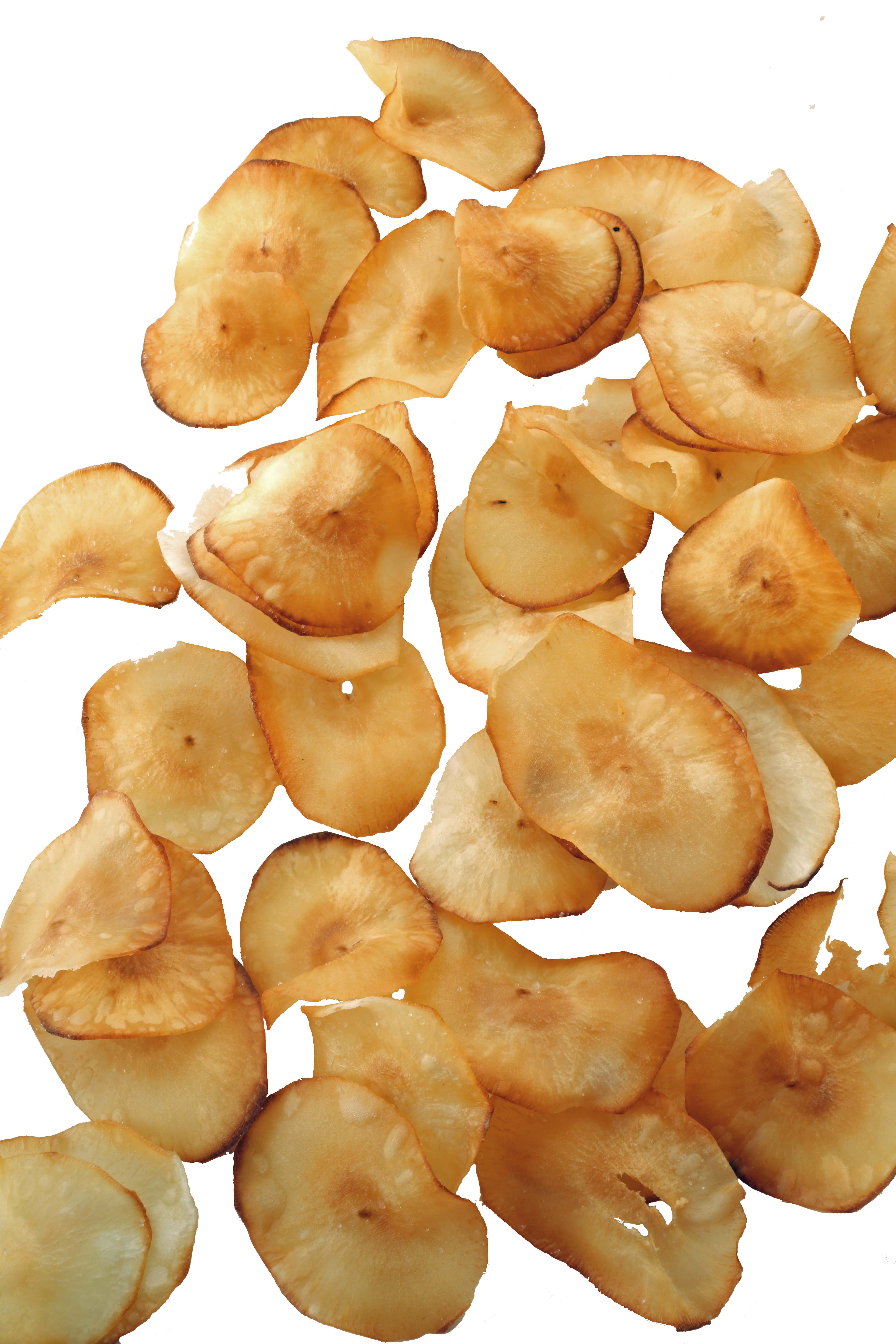
We could come together as one international community and call them Yuca chips, but, as discussed before, there is bound to be confusion. Somewhere in the world someone is bound to call them Yucca chips and no one is really in the habit of eating ornamental plants that have been deep fried.
Since we in our part of the world don’t really eat cassava, I am not sure what we will call them should they get as popular as the potato chip. This seems unlikely, and equally unfortunate, because yuca chips are very tasty. As with yuca fries, yuca chips make for a nice potato alternative.
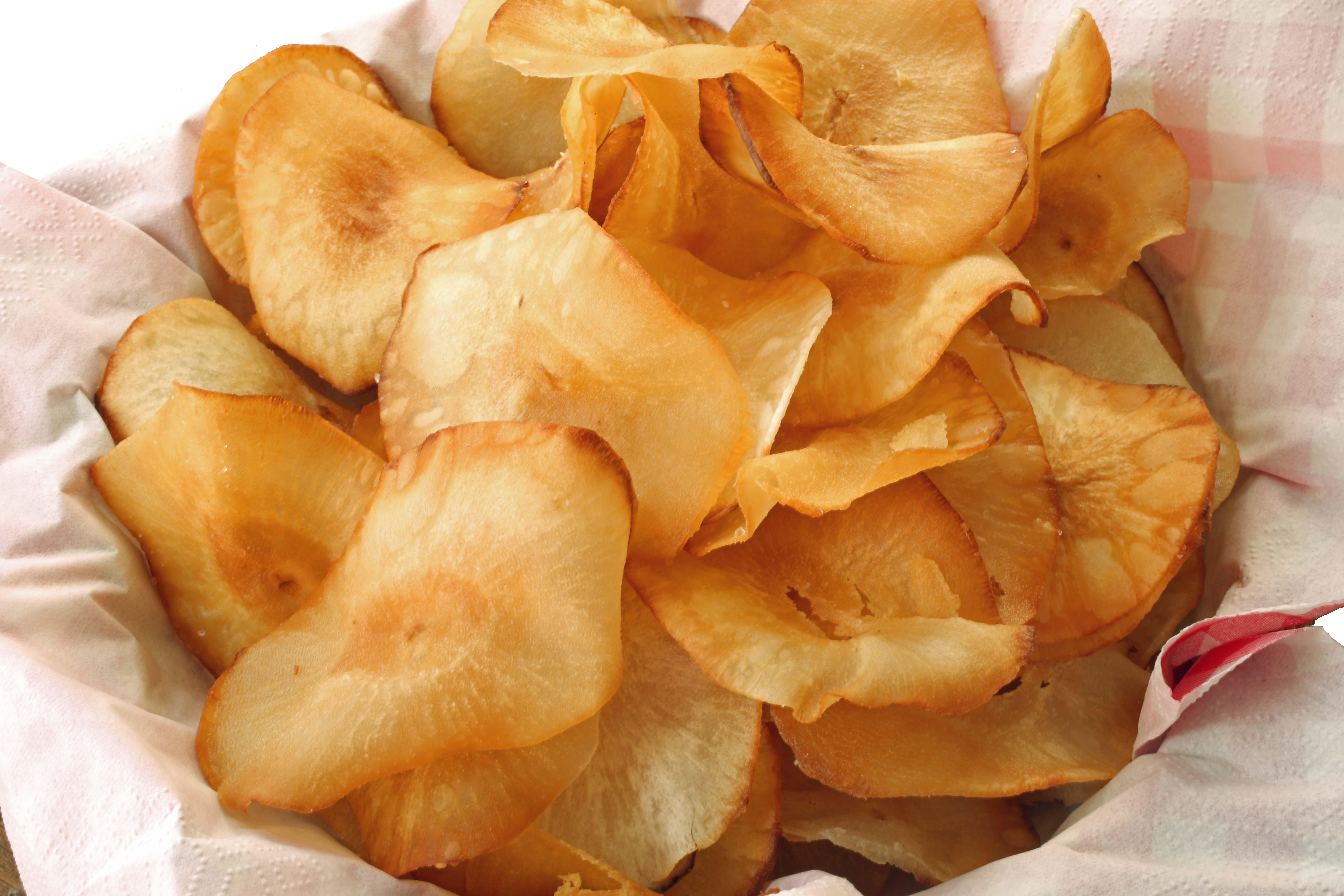
Conspiracy theory loving potato lovers everywhere love to say “Cassava is full of cyanide”. And the deer in headlights look people get when they hear it usually comes with a “Wait, what? Really? Hmm, maybe that is why I have been looking a little blue.” No need to confuse your winter powderiness for cyanide poisoning. It is unlikey that the cassava you buy at the Piggly Wiggly will kill you. I am sure the people of Piggly Wiggly would be prepared to help should the need arise – “Clean up On Aisle 2. Bring the thiosulphate”. Thiosuphate is the cure for…nevermind. Come to think of it, the thought of a Piggly Wiggly employee giving an injection is slightly scarier then cyanide poisoning.
Making yuca chips is easy as ever. It involves simply slicing the yuca as thinly as possible and frying the slices up. In this case, after peeling with a vegetable peeler, the use of a mandolin slicer
or v-slicer is recommended because the thinner the slice the better. Slicers like these will also make fast work of the prep.
A deep fryer is also recommended if possible as it is just a lot easer to control the temperature. The chips can be fried in batches on the stove top, too, just be careful to heat the oil slowly and, as with the deep fryer, make sure the oil temperature returns to the cooking temperature between batches. The choice of oil is a personal one, but any vegetable oil will do. I prefer a sunflower oil as it is low in saturated fats, but is still stable and works well in the fryer.
After frying, be sure to season immediately with salt and pepper or your favorite seasoning salt while the chips are hot.
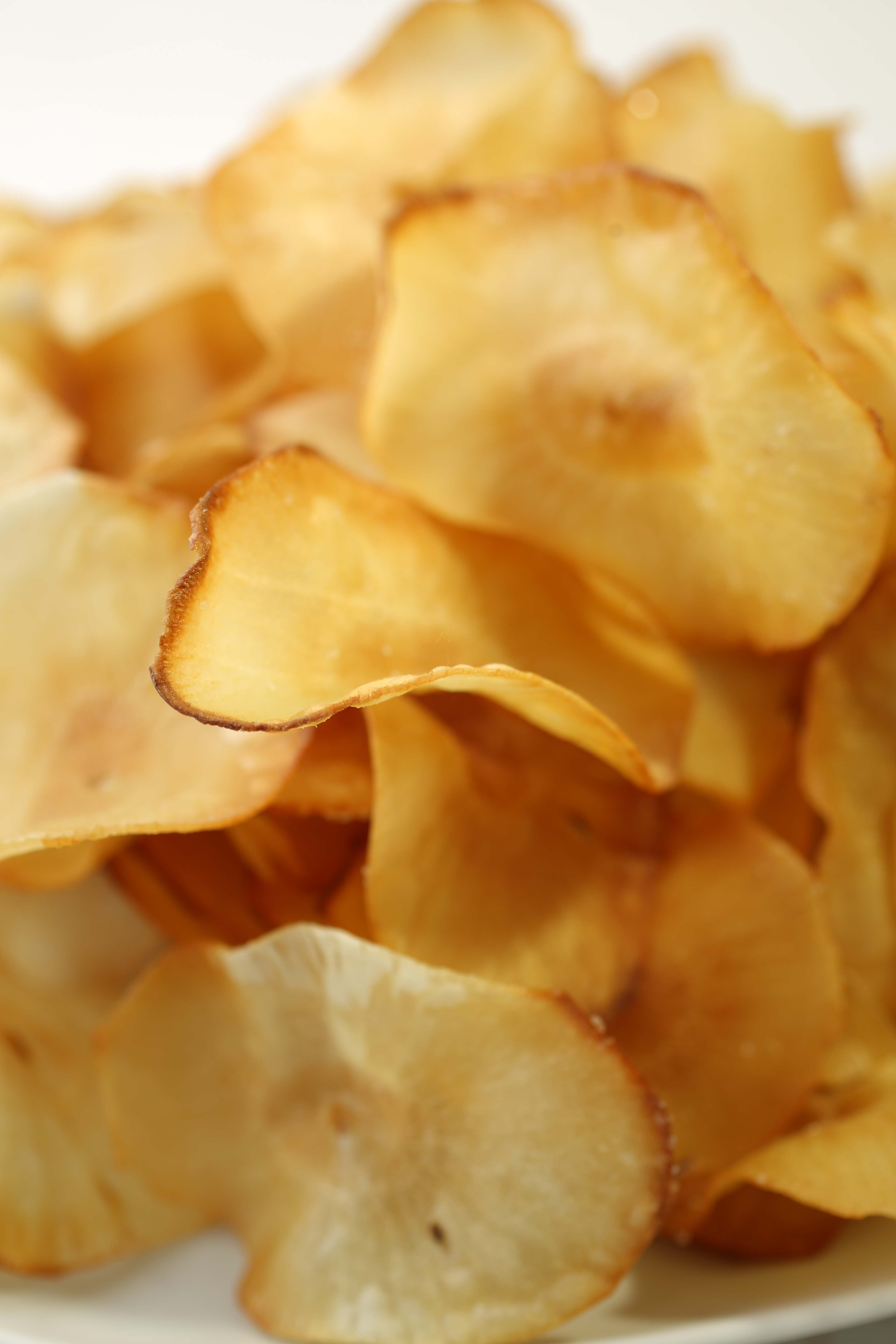
Here is how I make yuca chips.
- oil for a deep fryer
- 1 medium yuca (cassava) root)
- salt and pepper
- Fill a deep fryer according to the manufacturer's instructions and preheat the oil to 350F.
- Using a vegetable peeler, remove the tough outer skin of the yuca root. Make sure to remove the brown skin including the pink/red layer that is sometimes present. Trim the ends of the root.
- Using a mandolin or v-slicer, slice the root end to end as thinly as possible. Thinner is better.
- Fry batches of yuca slices in the oil until golden brown, about 5 minutes. Drain the chips on a baking tray or bowl lined with paper towels. Make sure to allow the oil to come back to temperature between batches.
- Season the chips with salt and pepper immediately.
- Serve warm or at room temperature.
- The cooked chips can be stored for a few days in a zip-seal bag.
- Any vegetable oil for frying will do. This recipe was developed frying with sunflower oil.
I hope you enjoy!
Keep Eating! Keep Innovating!
Have you ever made Yuca Chips? Are they better than potato chips? Let us know all about it in the comments or on Facebook.
The Culinary Exchange can also be found on Twitter, Instagram, Pinterest, Google+ and YouTube.
Come On! Follow Along!
